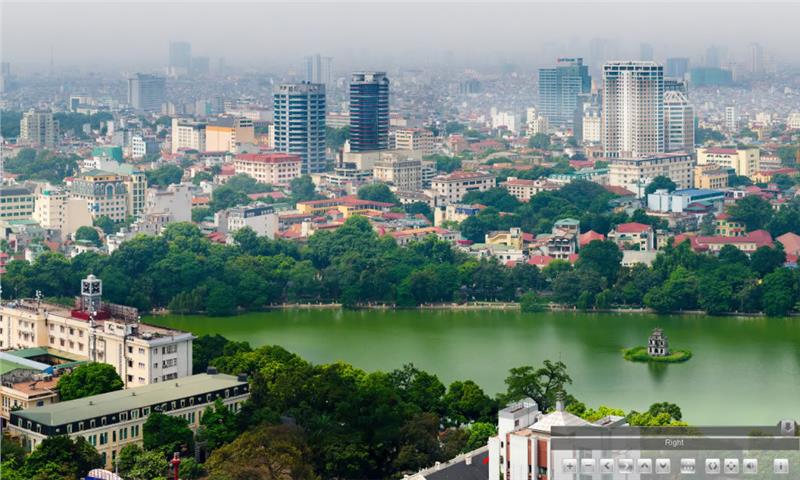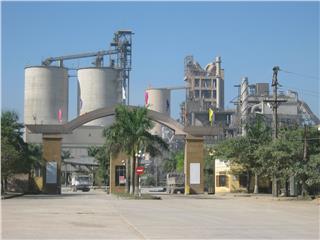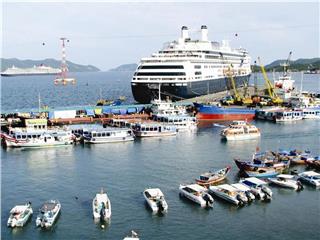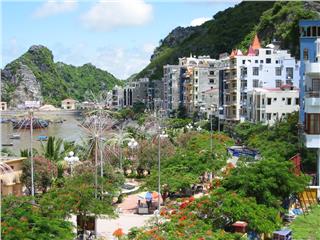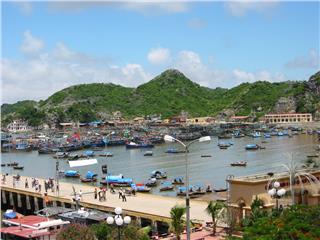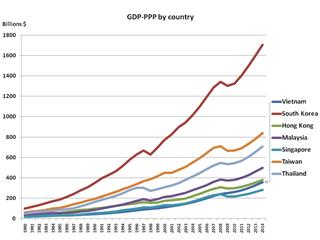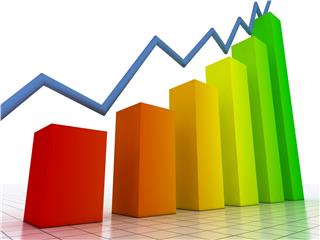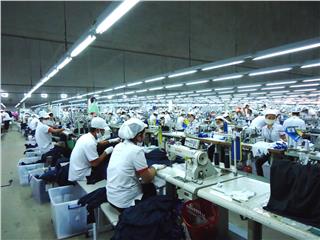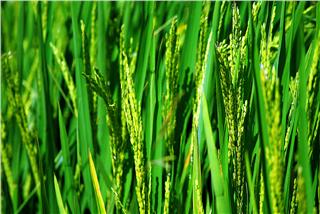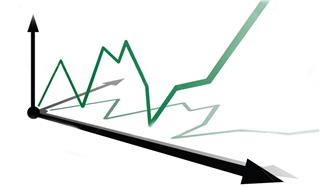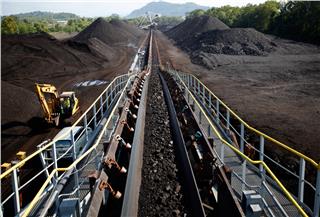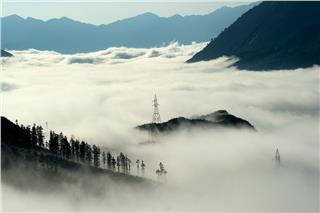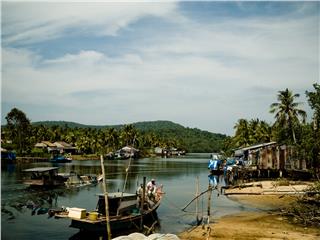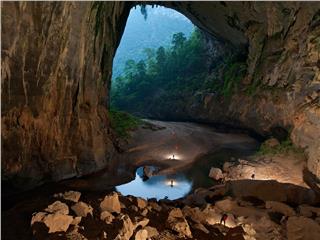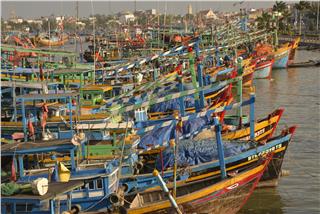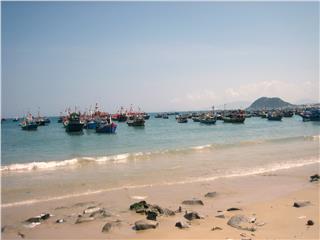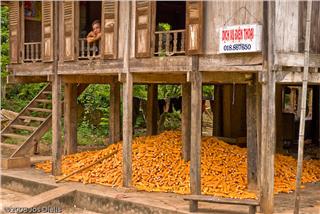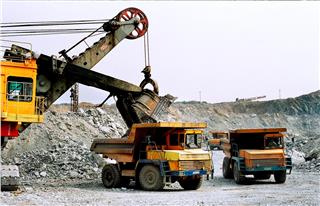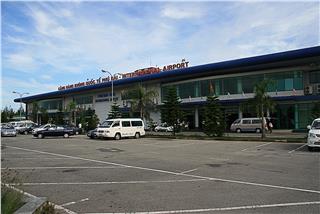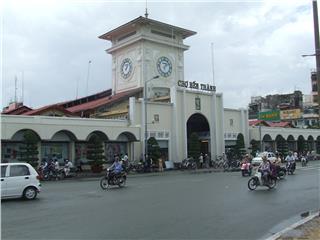For long time, the Hanoi economy has been the important position in the whole economy of Vietnam. Especially, in recent years, Hanoi economy is constantly growing to affirm its key role in the economy.
Hanoi, formerly known as Thang Long, is located in the place converging favorable conditions for the development of economy, commerce, international trade, tourism and service. The economic central position of Hanoi has been established for a long time in the history. The names of the streets as Hang Bac, Hang Duong, Hang Than ... were clear evidences for this. Currently, Hanoi economy ranks the second in the Vietnam economy and is the economic central of Red River Delta economy with the strong development of industries, finance, commerce and services.
After a long subsidy period, from the early 1990s, the Hanoi economy began to have the great developments. The average GDP growth rate of Hanoi reached 12.52%, during the period 1991-1995, 10.38% from 1996 to 2000. From 1991 to 1999, the GDP per capita of the city increased from $ 470 to $ 915, about 2.07 times compared with an average GDP of Vietnam. According to the data in 2010, the GDP Hanoi accounted for 12.73% of the country and about 41% over the Red River Delta region. In the ranking of the provincial competitiveness index of Vietnam in 2012, Hanoi ranked at 51/63 provinces. In addition, according to a recent ranking by Price Water House Coopers, Hanoi will be the fastest growing city in the world in term of GDP growth from 2008 to 2025. The development phase of the 1990s also showed that Hanoi had changes in the economic structure. From 1990 to 2000, the proportion of the industry increased from 29.1% to 38%, the density of Agro-forestry-fishery dropped from 9% to 3.8%. The proportion of services also decreased in this period, from 61.9% to 58.2%.
Industry
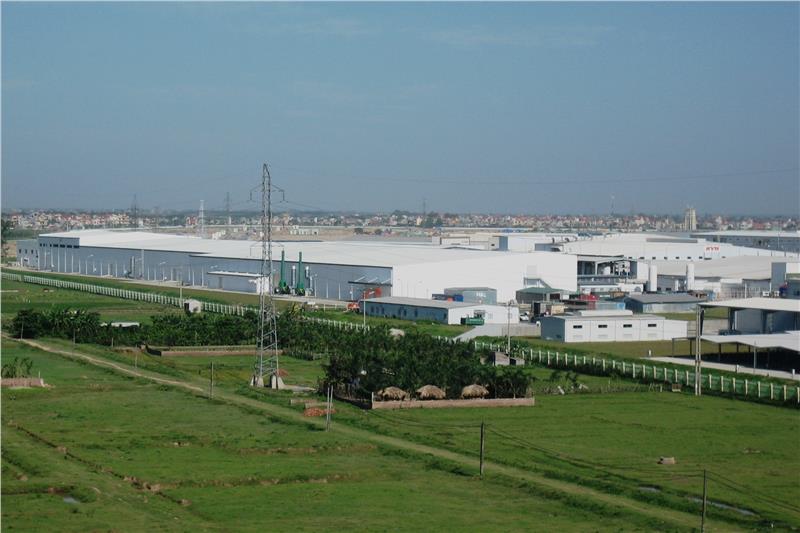
Hanoi industry has experienced a rapid boom since 1990s, with average annual growth of 19.1% from 1991-1995, 15.9% from 1996-2000 and 20.9% during 2001-2003. It still focused on five main areas that accounted for 75.7% of the total industrial production value was the metal industry, electronic industry, textile-apparel-footwear, food processing and material industry. Besides, many traditional villages such as Bat Trang pottery, Co Nhue sewing, Van Ha crafts ... were gradually recovered and grown. With a synchronized traffic network, including the road, the waterway, the rail and the airway, Hanoi has become a favorable place to develop industries. Many large corporations as Canon, Yamaha, Motor and hundreds of the world’s leading manufactures have set up factories here.
In 2007, the GPD per capita of Hanoi rose to VND 31.8 million compared to the total Vietnam GDP of 13.4 million. Hanoi is one of the cities receiving the most foreign direct investment (FDI), with $ 1681.2 million and 290 projects. The city is also the head office of 1,600 foreign representative offices, 14 industrial zones and 160 million industrial production base. Besides the state-owned companies, private businesses also play an important role in the economy of Hanoi. In 2003, with nearly 300,000 employees, the private sector contributed 77% of the Hanoi industrial production. In addition, 15.500 industrial production households also attracted nearly 500,000 employees. In the total, the private sector contributed 22% of the total social investment, more than 20% of GDP, 22% of the city budget and 10% of total exports of Hanoi city.
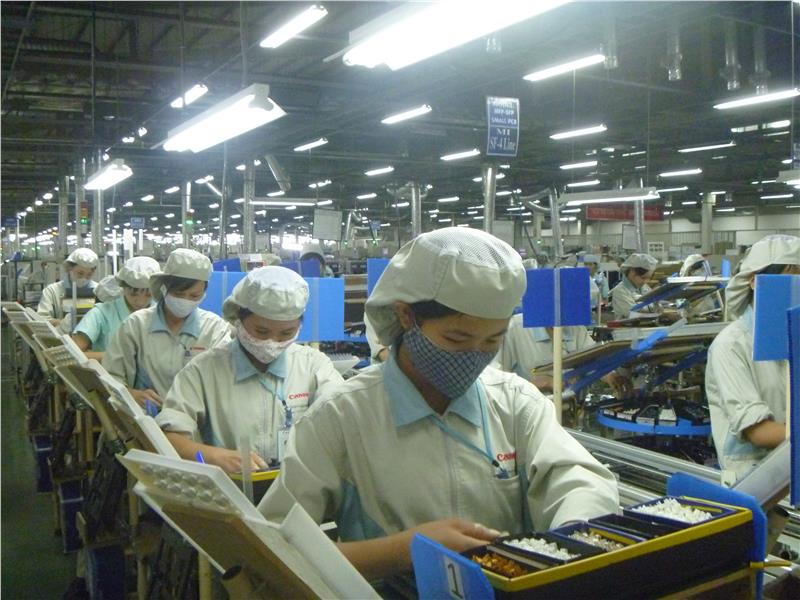
In 2013, economy in Hanoi maintains the growth rate; the GDP of Hanoi increased by 8.25% over the same period last year. The value of agriculture, forestry and fishery increased 2.46%. The added value in industry and construction increased 7.57% and the service rose 9.42%. The capital development fund of Hanoi city was estimated at VND 279.000 billion, up 12% over the previous year. In particular, the state capital increased 8.1%, the non- state capital increased 14% and foreign direct investment increased 11.3%.
According to the scheme of industrial development associated with the planned development of industrial parks, industrial clusters in the city until 2020, vision to 2030, the city will focus on developing faster than some industries and industrial products such as information technology, new material technologies and high-tech products. Developing industrial electronics, engineering, medical devices, chemical industry, cosmetics…Accordingly, the city will arrange industries based on the trend of restructuring investment and technology to reduce environmental pollution and to build the specialized industrial clusters.
Agriculture
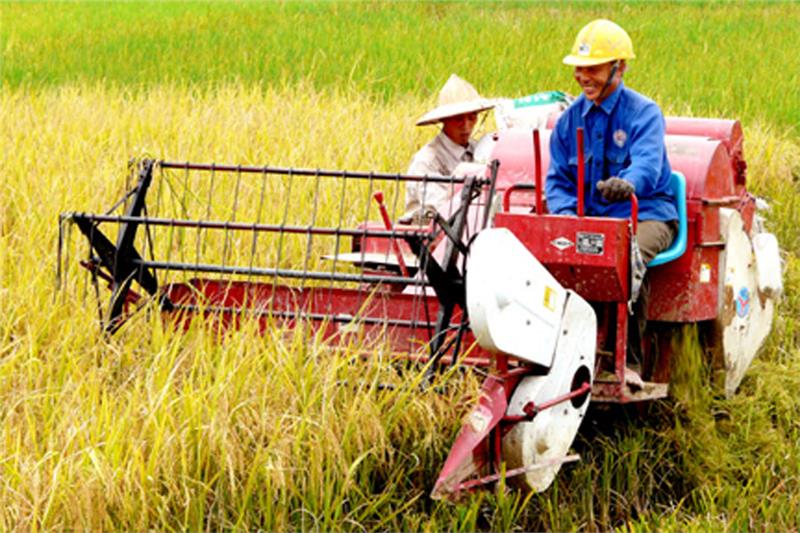
In term of agriculture –forestry –fishery, the total cultivated land of annual crops in the whole city reached 295916.5 ha, increasing 2.6% over the same period in 2012. The perennial area reached 17715,8 ha, an increase of 1.8% compared to the same period. In recent years, the raising situation is stable. The output of buffalo meat reaches 1.049 tons, reducing 0,2%, the production of beef meat is 9.040 tons and pig meat is 298.962 tons. The newly planted forest area is estimated at 237.1ha, decreasing 20.7% over the same period. Estimated in 2013, there were 18.483 aquaculture households, increasing 3.9% over the last year. The fishery output of the whole country reached 76.042 tons, an increase of 6.5%.
Tourism
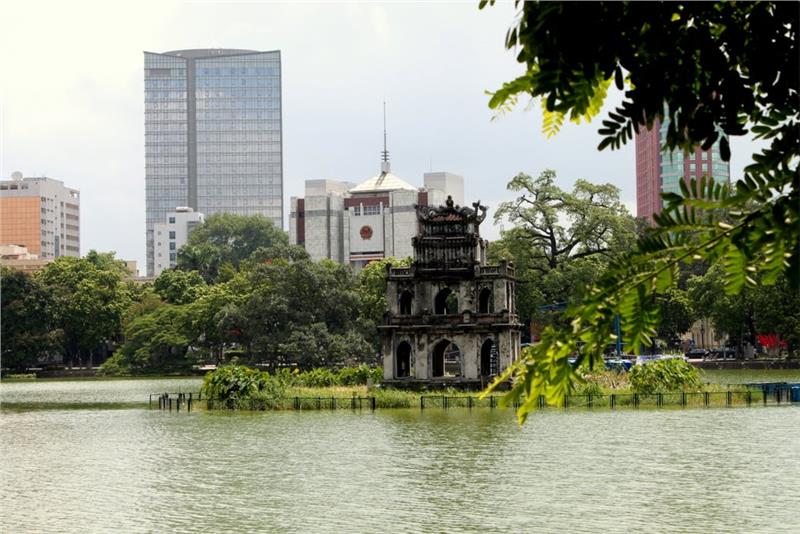
Regarding the tourism, compared to other provinces and cities, Hanoi tourism has potential to develop. In 2007, the city welcomed 1.1 million international visitors, in 2008 were 9 million arrivals, including 1.3 million international visitors. In 2013, the number of visitors to Hanoi was estimated at 1843,5 thousand arrivals, increasing 15.2% over the same period. The domestic visitors to Hanoi reached 9420,5 thousand arrivals, an increase of 15.2% compared to the same period.
